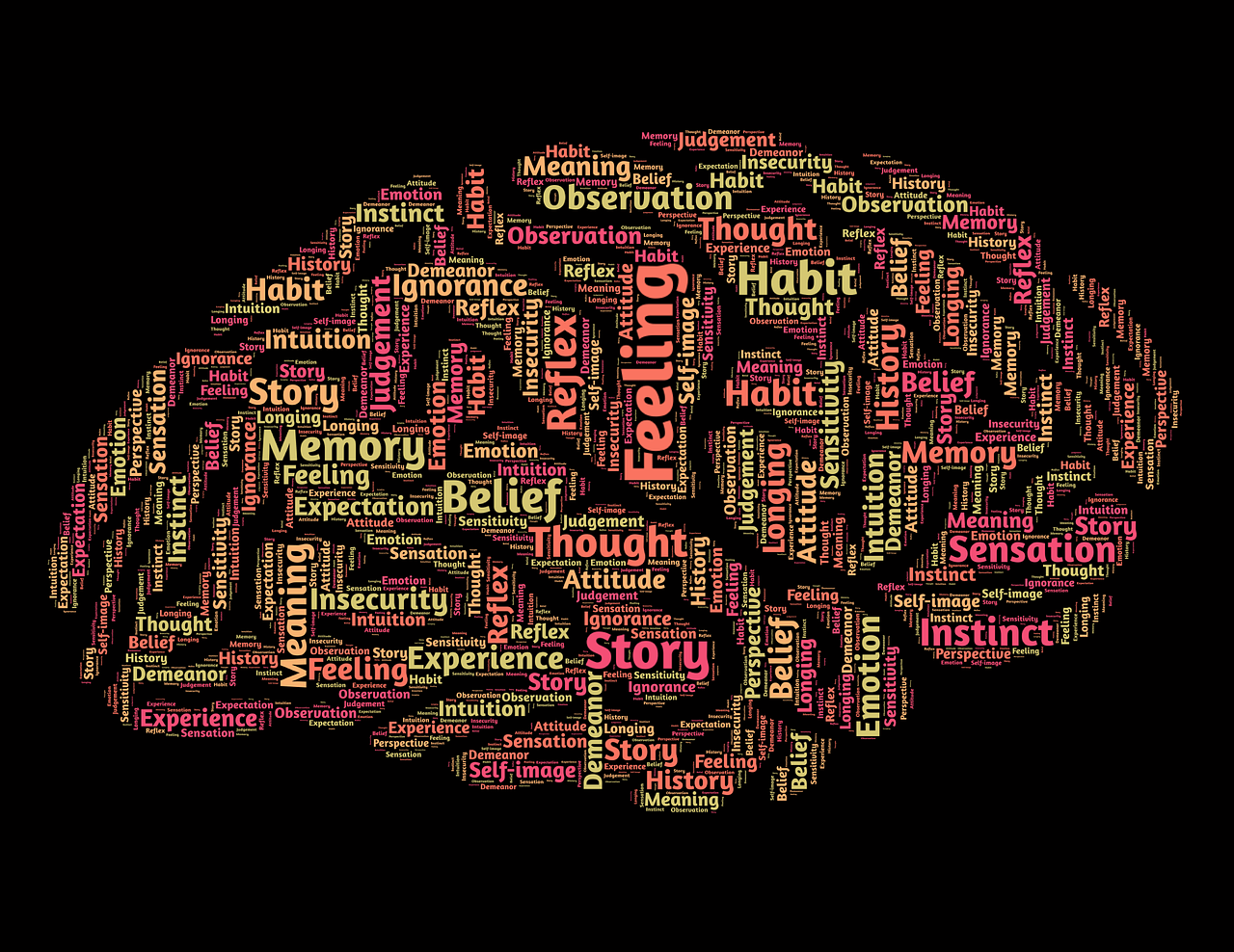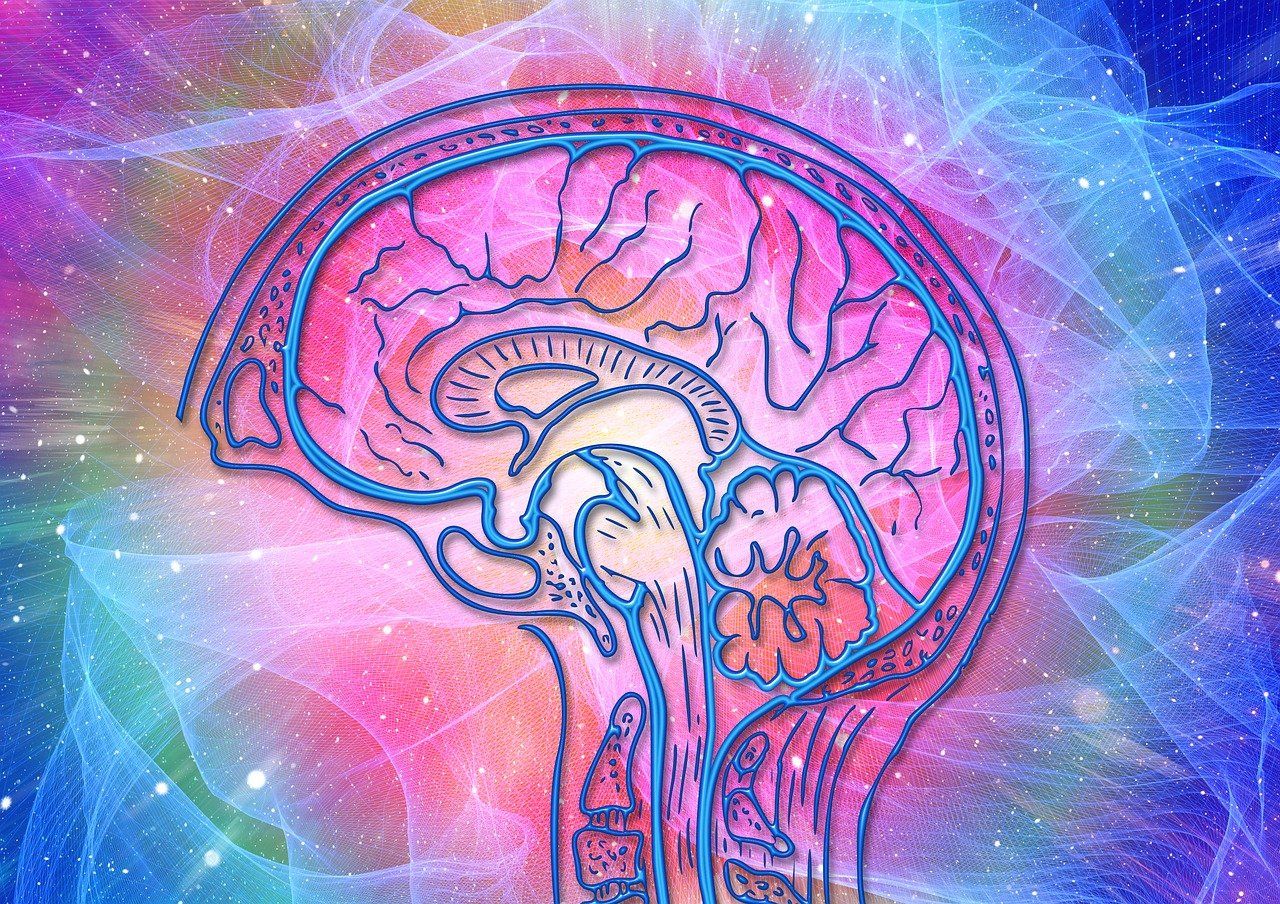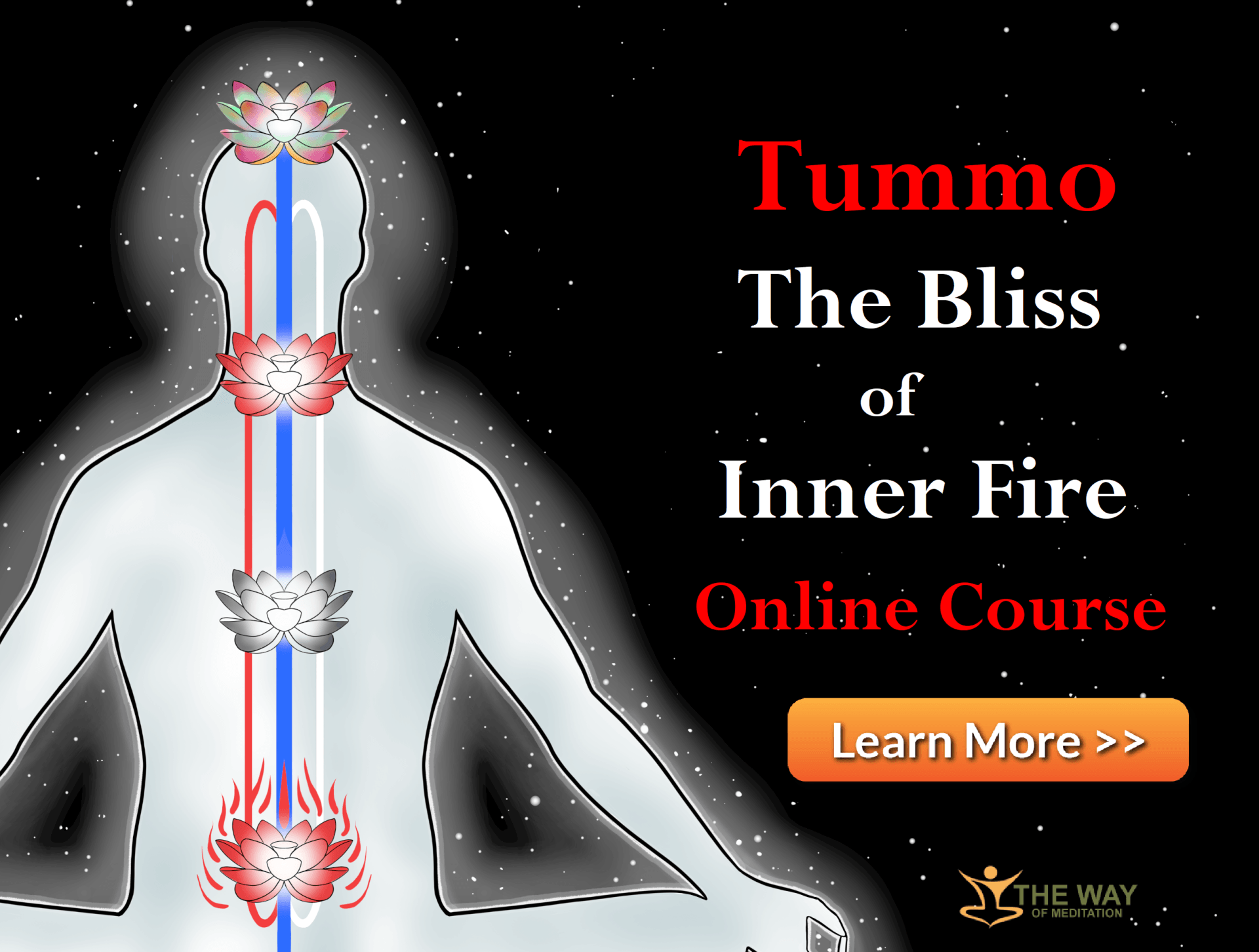What Meditation Does To Your Brain
Meditation Lowers Stress & Improves Emotional Well Being
Meditation is a very powerful and mysterious practice adopted by over millions of people worldwide. There is more and more evidence being presented everyday that validates the healing components of meditation. The aim of this article is to show how meditation directly affects the brain; we have extracted our findings from research studies that have been conducted globally and filtered through hundreds of articles to provide you a summary of the very best information that explores this field.
Meditation has been practiced for thousands of years but in recent times has gone from alternative to be much more accepted in the mainstream. And now conclusive research has found that even people that are beginners to meditation can create immediate positive effects on their brain like enhancing emotional resilience by strengthening connections between the left prefrontal cortex (PFC) and the amygdala.
Neuroscience can tell us a lot about how our emotions and happiness works.
“The prefrontal cortex appears to play a critical role in the unique human capacity to modulate emotions.”
~ Richard J. Davidsomn, Ph.D
Emotions are strongly influenced by the frontal lobe to be experienced as a positive or negative feeling (fear or love), through a set of important feedback loops. The frontal lobe interprets our experiences and then communicates this information through feedback loops with the limbic brain.
Amygdala is a region found in the limbic brain often represented as two almond shaped structures that are responsible mainly for fear and anxiety.
The pre-frontal cortex maybe important in inhibiting activity in the amygdala and dampening response to negative events, and particularly in shutting off the negative response quickly once it has been activated. ~ Richard J. Davidsomn, Ph.D
Having a strong connections between the pre frontal cortex and amygdala suggest that the individual will not “drown” in any negative emotions — Internal balance is restored right away if an individual experiences anxiety, anger, signs of depression or any other negative emotions.
Scientists studied Lama Oser — a European monk with over 30 years of meditative experience whilst he was meditating on compassion, finding that his left-to-right prefrontal cortex activity was quite literally off the chart. This heightened left-to-right brain activity means that he has an abnormally large capacity for happiness!
Meditation develops awareness through nonjudgmental witnessing, you become the observer to thoughts and emotions. This level of mental training allows you to pause and observe, resisting the pull of emotionally charged thoughts that thrive on your attention. This creates stronger connections between the pre-frontal cortex and amygdala, and thus becoming emotionally resilient to negative emotions.
A larger amygdala has been associated with people who suffer from PTSD and severe anxiety. “MRI scan shows that after an eight-week course of mindfulness practice, the amygdala known as the ‘fight or flight’ centre, appears to shrink.” - Tom Ireland
Meditation decreases fear and anxiety by keeping the volume down in the amygdala. Through regular practice, individuals can strengthen the feedback loops between the frontal lobe and limbic brain, resulting in emotional resilience. Anyone who is suffering emotionally should consider practicing meditation regularly as the research now validates that meditation can result in a great deal of emotional healing and emotional intelligence.
How Meditation Affects Brain Waves
The brain waves our mind produces are altered during the practice of meditation. Typically, throughout the day our analytical mind will produce BETA waves - the norm for physical activity.
The calming effect of meditation triggers the brain to produce more Alpha waves - a creative state in the brain which alleviates the symptoms of stress.
Different states of mind, Different brain waves
1. BETA (14-40Hz) - Normal waking state - associated with a heightened state of alertness, Logic and critical reasoning
2. ALPHA (7.5-14Hz) - Deep Relaxation - Associated with learning, concentration and imagination.
3. THETA (4-7.5Hz) - Meditation & sleeping - Associated with deep meditation, the subconscious mind & light sleep, the moment before you drift of to sleep or as you are just waking up.
4. DELTA (0.5-4Hz) - Deep sleep - Associated with deep, dreamless sleep or states of meditation where awareness is fully detached.
Modern day lifestyle can be very demanding keeping the mind in a hyperactive state for extended periods of time — reducing the ability to relax.
FAMILIAR SYMPTOMS?
• Short temper
• Agitation
• Restless
• Anxious
• Irritable
• Impulsive
• Unhealthy sleeping patterns
• Excessive thinking
All of these symptoms are by-products from high levels of stress — operating from an over stimulated mind for extended periods of time (high level beta).
A problematic mind = highly aroused beta state, this results in stress and cortisol being distributed throughout the body. Over production of cortisol is very bad for your health.
Even what we do for relaxation is not really relaxing for your body and brain. For example watching tv, scrolling soical media or drinking alcohol all are leisure activities that can have a detrimental affect on your health.
Technology including: televisions, smart phones and computers radiate an artificial electromagnetic field that zaps our own EM (body) field. Have you ever had the feeling: where you felt “fried” or “cooked” after being in front of the computer for too long? It’s because our body’s bio-electrical field is being “zapped” by the radiation coming out of the device.
WHAT IS RELAXATION?
SOME ESSENTIALS:
• No distractions (No technology)
• Quiet place (Nature)
• Deep belly breathing (diaphragmatic)
• Mindfulness
• Meditation
Other factors to consider that may aid in relaxation :
• Exercise - promotes relaxation
• Herbal tea (various different types)
• Classical music - Soothing music
• Nature
• Journal
• Reading
• Long walks
• Flotation tanks
• Gentle yoga class (yin yoga)
• Sauna
• Juice detox (detox can help eliminate nervous energy)
Meditation is a very effective way to relax the body. When your body is in the relaxation response the parasympathetic nervous system is activated. The RELAXATION RESPONSE is a physical state of deep rest that changes a person's physical and emotional responses to stress "Dr.Herbert Benson" The PARASYMPATHETIC NERVOUS SYSTEM is concerned with nourishing, healing, elimination and regeneration of the body. "Dr Lawrence Wilson"
RELAXING = REGENERATION/HEALING
ALPHA STATE = more relaxation harmonizing the mind and body.
What does this mean ?
• Creativity
• Relaxation
• Harmonisation
• Balance
• Improved cognitive functioning
• Promotes health and wellness
• Optimal time to program mind for success
• Heightens imagination
• Enhanced visualisation
• Improves memory, learning and concentration
Alpha brain wave state creates coherence between the mind and the body — where transformation begins. This state is most typically achieved when people claim to be “in the zone” or whilst meditating.
By shifting the brain into an alpha wave state through breathing and meditation problematic thoughts subside — re-establishing coherence throughout the mind and body.
Beta mode is our alert wakeful state ideal for processing information throughout the day. However, learning how to consciously shift your brain waves into an alpha state is essential for health and well-being.
“Creative people show higher levels of alpha waves and have bursts of them when solving problems” ~Trevor Johnson
Learning how to observe your thoughts is the key ingredient in reprogramming your mind to a higher level of consciousness. Maybe we are just poor observers, limiting the understanding we have of our minds. Only through meditation can we learn to go back into the operating system to observe our internal mechanics that lie beyond thought. In this way we can short circuit the old habits and cultivate new healthy qualities. Becoming familiar with this process is the great inner journey within.
According to neuroscience as we continue a regular meditation practice, the physical structure of the brain changes. This is a natural response due to the heightened activity in the region of the brain associated with executive functioning — the frontal lobe.
Meditation activates the ‘rest and digest’ response which in turn switches off the production of stress hormones such as cortisol, this allows our nervous system to calm down and return to its natural state (homeostasis).
In summary the research papers from more than 1000 studies suggest that meditation improves our ability to handle stress.
The truth is that meditation will change your approach to life and how you typically handle stress. Meditation is a valuable habit that anyone can develop and it starts with just one breath. This begs the question - are you ready to surrender your stress to the power of meditation?
MEDITATION BENEFITS:
• Lowers Stress Levels
• Healthier Brain
• Increased Dopamine Levels - Improved Mood
• Strengthens Immune System
• Help to overcome Loneliness
• Heightens Awareness
• Reduces Anxiety
• Connects Different Regions In The Brain
• Creates Coherence Between Mind And Body
BRAIN ACTIVITY IS INCREASED IN THESES IMPORTANT BRAIN AREAS:
The Frontal lobe:
- Volume control to shut down the “thinking brain”
- Creativity is optimized
- Enhances your cognitive processing.
- A sense of control is induced
- Attention span is reinforced
Anterior cingulate cortex (ACC)
- Executive region of the brain
- Governs thinking and emotion
- Higher order cognitive functioning
“We hypothesised that meditation reduces pain-related neural activity in the ACC, insula, secondary somatosensory cortex, and thalamus.” ~ Hiroki Nakata - This means that your pain tolerance goes up the more you meditate
Ventromedial prefrontal cortex
-an area of the brain that controls worrying.
Amygdala
-An ancient part of our brain
-Constantly scanning environment looking for “threats”
-Directly involved with emotional well-being
-Stress centre (fear)
-Enlarged amygdala represents stress and anxiety (PTSD)
During meditation - we turn down the activity in the amygdala — through regular practice this region of the brain will shrink, decreasing anxiety and enhancing well-being
Insula
-Self awareness
-Emotional intelligence
-Represents health and wellness
Left Prefrontal Cortex
The left side of the frontal lobe is more active when people feel happy. Regular meditation strengthens the left prefrontal cortex - the feel good centre of the brain.
“Thus, larger volumes in these regions might account for meditators singular abilities and habits to cultivate positive emotions, retain emotional stability, and engage in mindful behavior.” - Dr. Arthur W. Toga
Grey Matter
Research shows that meditators have thicker grey matter than non-meditators —the thickness of our cerebral cortex (outer layer of brain), represents attention, sensory processing and complex cognitive skills.
“Meditation might be a possible candidate in the quest for such a positive approach as there is ample evidence for its beneficial effects for a number of cognitive domains, including attention, memory, verbal fluency, executive function, processing speed, overall cognitive flexibility as well as conflict monitoring and even creativity.”~ Eileen Luders
You have the ability to evolve your brain and cultivate the very best version of yourself. The science of changing your brain starts with meditation. I have developed the reprogram your brain online course designed to increase the activity in executive regions of the brain which will enhance your cognitive abilities, reduce stress, help feel good, promote creativity, lessen fear and increase awareness - Learn more about the program
HERE.
Written by Oska Phoenix
Get A FREE
Guided Meditation Series
with Chad Foreman















